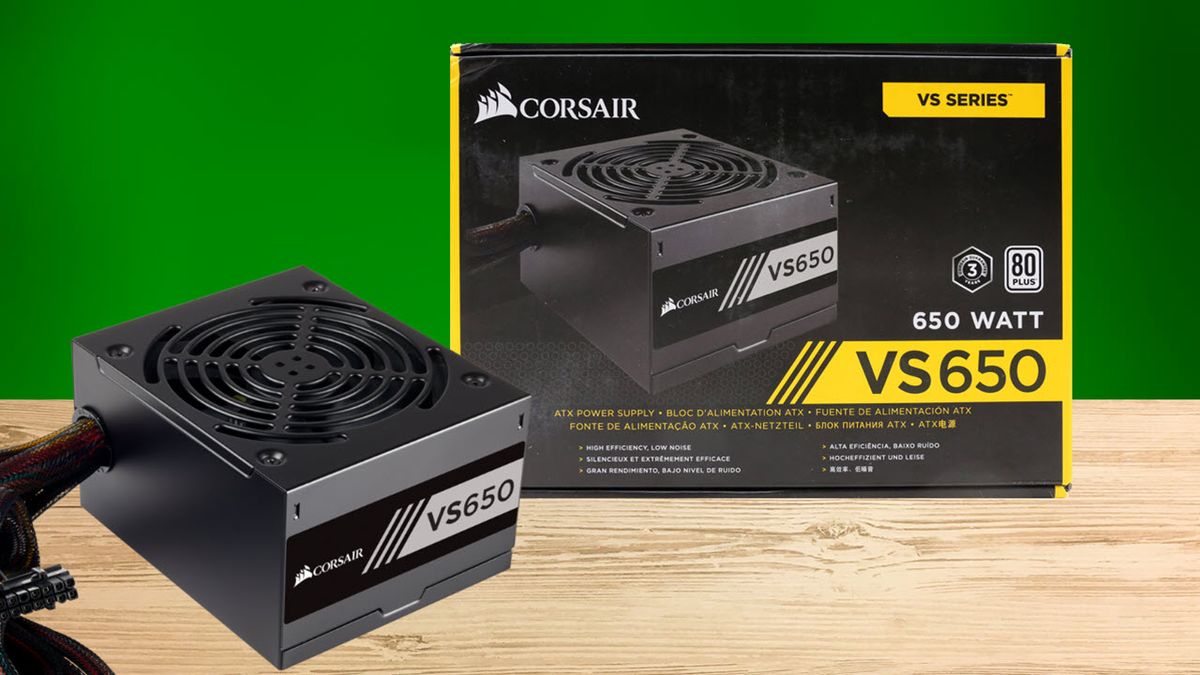Would like to know whether a gaming PC built with a Gigabyte GA-B360M HD3 motherboard would be able to support an RTX 4060 Ti GPU upgrade ?
Last edited:
A Core-i5 8400 processor ,650 Watts power supply inside a GC 601 tower gaming casing,and 16GB Ram.Yes, it will work. Insert the card on the primary 1 x PCI Express x16 slot of the board. Most importantly, which CPU and PSU do you have ?
You would be needing a powerful CPU which won't bottleneck this card, and also a high quality power supply unit. Current PC specs ? Make sure to update the motherboard's BIOS, before installing the GPU.
,650 Watts power supply
CORSAIR VS650

I have a concern regarding upgrading a PSU for an upgraded GPU . That besides the current GPU installed(i.e an RTX 2070), the current PSU in my system seems sufficient enough for the current installed hardware components.Like the motherboard,HDD,SSD ,ram chips etc .So if I just have to upgrade the PSU for a GPU upgrade like the RTX 4060 TI from an RTX 2070 . Won't that power supply upgrade effect the current hardware except whats needed for the RTX 4060 TI .Like an over supply of power that could be beyond the capacity of the current hardware components. Damaging them in the process ?That's a budget low tier PSU model from Corsair, and not a very high-end unit, but still should do the job, IMO. But for powering an RTX 4060 Ti GPU, I would definitely recommend grabbing a high quality PSU, if possible, to be on a safer side. If you don't have the budget to upgrade, then that's a totally different thing.
But as a precautionary measure it is advisable to use some other PSU, at least Bronze/Gold certified as a minimum, if you have the budget. Otherwise, leave it.

Corsair VS650 Power Supply Review: Affordable Yet Capable
The Corsair VS650 is a highly affordable power supply suitable for mainstream systems with modest needs.www.tomshardware.com
No, the new PSU won't effect the components, despite using a higher wattage PSU. There won't be any oversupply. We are talking about efficiency and quality here, and not just the PSU's wattage alone.So if I just have to upgrade the PSU for a GPU upgrade like the RTX 4060 TI from an RTX 2070 . Won't that power supply upgrade effect the current hardware except whats needed for the RTX 4060 TI .Like an over supply of power that could be beyond the capacity of the current hardware components. Damaging them in the process ?

